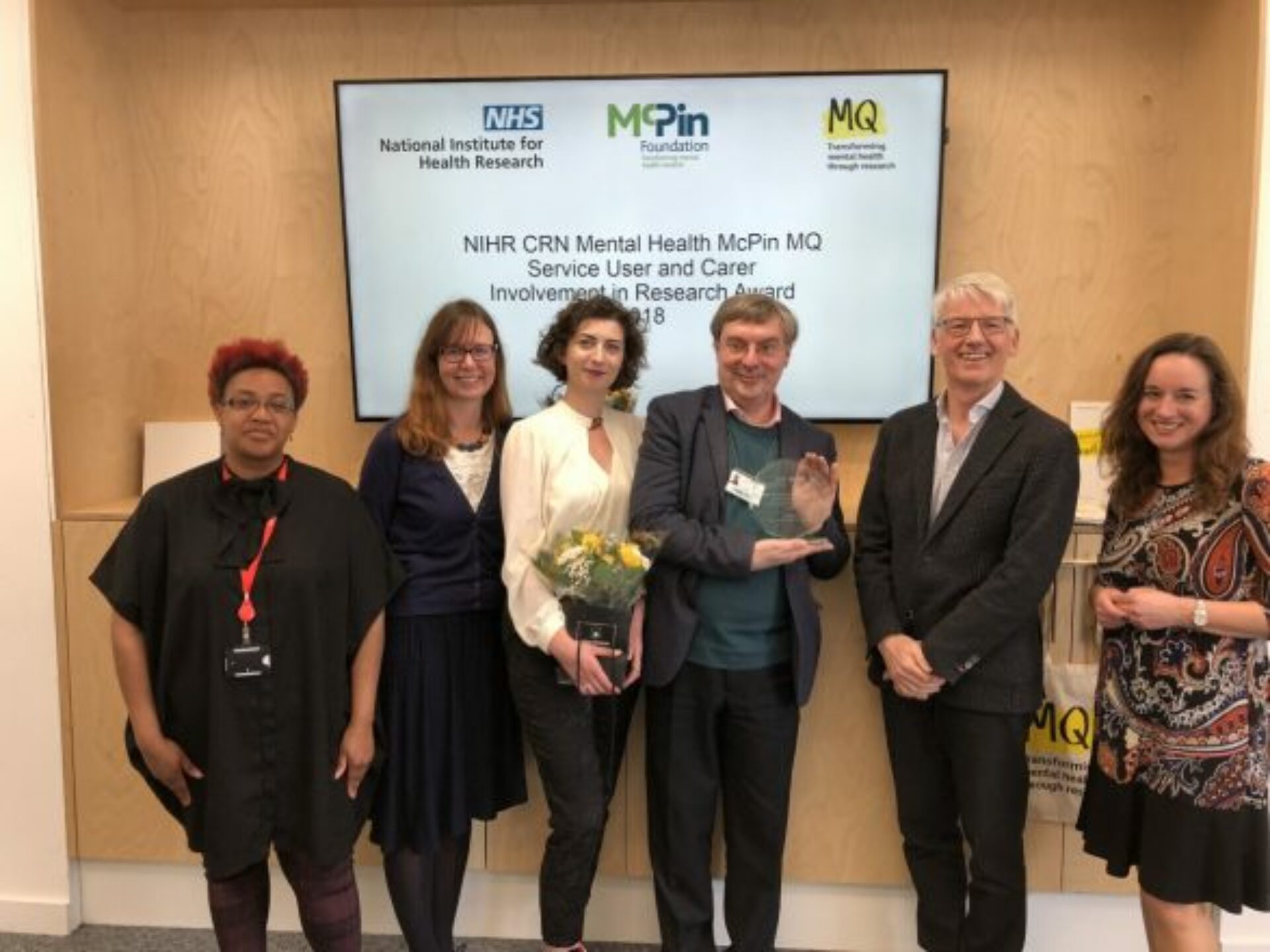Project overview
The PARTNERS2 research programme focused on developing better ways of supporting people with ongoing mental health needs such as schizophrenia, bipolar or other psychoses within GP practices.
The approach is known as collaborative care, and combined recovery-focused coaching with proactive follow-up and integrated primary care, and secondary healthcare liaison. The new role created was called a ‘care partner’.
Funded by the National Institute of Health Research (NIHR) Programme Grants for Applied Health Research, it was originally developed by the late Professor Helen Lester, Professor of Primary Care at the University of Birmingham. It was led from the University of Birmingham and University of Plymouth and worked in services across Lancashire, Birmingham, Devon, Cornwall and Somerset.
The research programme also involved the University of Warwick, Lancaster University, London School of Economics (LSE), the University of Exeter, Bangor University, and the University of Manchester. It ran 2014-2021. You can read a summary here.
A second follow-on project was PARTNERS3, which sought to implement the care partner model in two different NHS Trusts (2021-2022).
Project details
For many people diagnosed with schizophrenia or bipolar, their GP is their only source of support for their mental health alongside voluntary sector providers.
In future this is likely to increase as secondary care services are further streamlined or integrated with primary care. This may be adequate for some, but for others additional support is required.
Since its beginning in March 2014 the PARTNERS2/3 programme has investigated whether the development of a new system of collaborative care could mean that services can help people with ongoing mental health needs, by providing them with a care partner to work on individually set collaborative goals.
The aim of this is to help people lead longer, healthier and more satisfying lives.
McPin developed and delivered the public and patient involvement (PPI) programme across the study – collaborating with academic and clinical teams to work alongside people with lived experience as peer researchers and advisors.
See a summary of our initial approach here: Putting lay voices into primary care research: PPI strategies and early steps in the PARTNERS2 study
Part of this work was done by peer researchers employed alongside other research staff in each study site.
Study work streams
The study had several work streams, including a randomised controlled trial (RCT):
- The team looked at both primary care mental health services and community mental health services (CMHTs) to find out who currently uses them and what their experiences are of them (see here for the write up). This helped us to work out what we might need to change in a new system of collaborative care.
- We worked with several stakeholder groups to identify a core outcome set (COS) for bipolar, for use in mental health research studies based within community settings. This involved focus groups, a Delphi process, and a patient preference study. The protocol has been published and the results for the bipolar COS.
- We developed a new system of care based on reviewing recovery literature, interviews with policy leads, and stakeholder workshops (see more details here). This has been delivered as part of a randomised controlled trial, designed to test how effective the care system is and find out whether this new system delivers better outcomes for people with schizophrenia, bipolar and other psychoses.
Project outputs
The original three Partners2 Lived Experience Advisory Panels (LEAPs) met as one group to support the research trial.
PPI outputs have included developing a website for the project, having a peer review paper about our experiences of PPI and co-production published and producing a video.
In 2018 we won a prize for our PPI work on PARTNERS2 from the NIHR.
In PARTNERS3 members of the LEAP trained staff to use the care partner model. A senior peer researcher worked on the study coordinating the training and was involved in data collection.
Read more about the studies in the papers below:
For more information about this research programme, please email [email protected].
Project resources

PARTNERS2 Briefing Paper

Refining a model of collaborative care for people with a diagnosis of bipolar, schizophrenia or other psychoses in England

Partners2: Approach to delivering PPI
Related blogs
Related projects
Work with us
We are always excited to hear from others who want to collaborate on mental health research. From delivering peer research to helping you with public involvement strategies and providing training, get in touch to chat.










